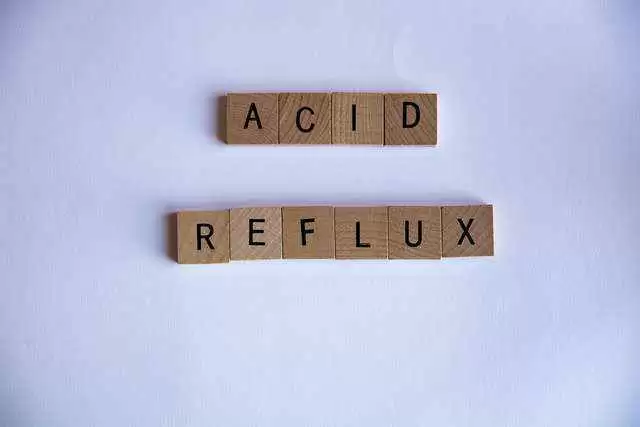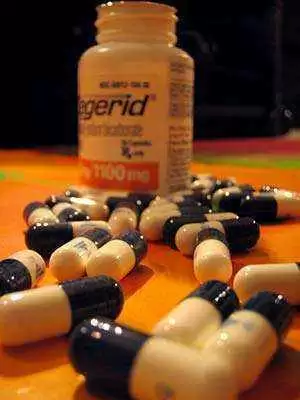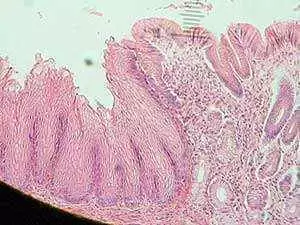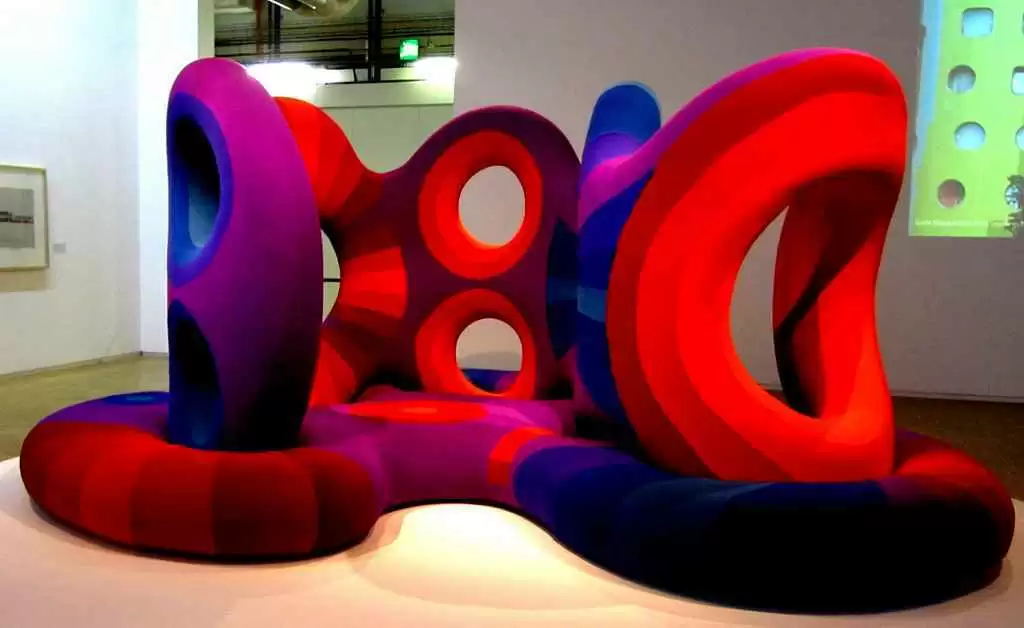
What is eosinophilic esophagitis (EoE)? Let's break it down:
- The esophagus is the long tube that connects your mouth to your stomach. What goes through your esophagus? Food and drink.
- Eosinophils are a type of white blood cell that increases in the case of allergy.
EoE is a condition where eosinophils have infiltrated the lining of the esophagus causing inflammation and discomfort. It affects both children and adults, more males than females, and can manifest in failure to thrive and feed in infants, as well as heartburn and difficulty swallowing solid food in older patients. EoE results in a stiffening of the esophagus with strictures, making it quite difficult and uncomfortable to swallow.
Celiac.com Sponsor (A12):
It seems fairly clear that if white blood cells associated with food allergy increase in an area of the body that food passes through, the obvious conclusion to form is that the individual is eating something they are having a negative reaction to—right?
Yet standard treatment for this condition, which is rising in incidence, is drugs (specifically proton pump inhibitors) and mechanical dilation of the restricted esophagus when these other medications fail to work. I do find it interesting that we are seeing more and more of this condition over the last 20 years, during which time the American diet has continued to worsen.
Diagnosis is made from an endoscopy that evaluates swallowing and includes a biopsy of the esophagus that reveals a high eosinophil count.
Causes of EoE include acid reflux, which affects the lining of the esophagus, often causing ulcers, while less common causes are viruses (herpes simplex) and fungal medications that become stuck in the esophagus, creating the inflammation seen with the condition.
Due to the acid reflux component and the tendency in our country to treat with drugs first, proton pump inhibitors that lessen acid production and therefore lessen the symptoms of acid reflux, are recommended as the first order of treatment—even in children. The protocol is 4 to 8 weeks of the drug, after which time the symptoms are re-evaluated to see if they have improved or remain the same. If they remain, a diagnosis of EoE is made.
I'm not saying that short-term use of proton pump inhibitors has no value. If someone has a bacterial infection of the stomach (H. pylori) that can result in ulcers, or an active ulcer, this drug is effective. It can also provide symptomatic relief for someone who is miserable with the symptoms of EoE. But it's not the root cause ‘answer' for the condition and it particularly upsets me when very young children come in who are already on the drug.
Why?
The problem with the protocol that uses proton pump inhibitors is two-fold:
- It's typically not addressing the root cause, which is a food reaction.
- It's likely making the real root cause worse. This is interesting. If the problem is actually a food reaction or allergy, a proton pump inhibitor that lessens acid production actually compromises the ability of the body to digest food. This compromised digestion makes it MORE likely that an allergy or food reaction will develop.
Fortunately, a new study sheds light on how effective dietary treatment can be. On February 14, 2014, the journal Gastroenterology published an article entitled "Efficacy of Dietary Interventions in Inducing Histologic Remission in Patients with Eosinophilic Esophagitis: a Systematic Review and Meta-analysis.
The researchers evaluated 581 references and data from 1317 patients, both children and adults who received different dietary treatments. The treatments included amino acid-based elemental formulas (basically a liquid diet that is completely allergen free), elimination diets based on allergy testing and 6-food elimination diets that include the removal of wheat, milk, soy, eggs, peanuts, tree nuts, fish, and shellfish.
What the researchers looked for was the ability to reduce infiltration of the eosinophils in follow-up biopsies. This would mean that the body's immune system was no longer mounting an inflammatory response.
Their findings were as follows:
- Elemental diets (liquid and allergy-free) were effective in 91% of cases.
- The Six food elimination diet was effective in 72% of the cases.
- Foods removed based on the result of allergy tests were effective in 46% of the cases.
Both adults and children seemed to respond equally.
What can we learn from this study?
Eliminating common allergens, including gluten, a known inflammatory agent, is a great place to start when trying to improve this condition. A full 91% and 72% improved when common allergic foods were removed. Those are some pretty impressive percentages.
I have found an interesting trend in our country. If doctors have the option of giving a prescription or asking a patient to make a dietary change, they will opt for the prescription. It's certainly easier to swallow a pill rather than make a dietary and lifestyle change. I'll grant you that. But is it right?
When you appreciate that the pill is a mere band-aid and a highly temporary one at that, what really is a doctor doing for someone in NOT insisting that they change their diet? The truth of the matter is that taking the ‘easy' way out is not only cowardly, it is irresponsible.
After the drug stops working, then what? Realize that throughout the period of time that the patient was on the drug, they were continuing to eat whatever was actually creating the problem and therefore their esophagus became more and more inflamed. While the human body's ability to heal is quite miraculous, once sufficient hardening and strictures have occurred in the esophagus, a full return to normalcy might not be possible. It is important that we intervene with the correct therapy quickly.
Another facet to the ‘drug over food' decision on the part of most doctors is that they themselves don't change their own diets. I have often spoken with doctors who are themselves unhealthy yet they refuse to change their diets and are therefore convinced that they won't get their patients to make lifestyle changes either. Thus, they don't tend to recommend it because they are already convinced it won't occur.
Is it fair to the patient to take the easy way out while they continue to worsen? I don't think so.
Personally, I can tell you that here at HealthNOW Medical Center we have seen many cases of EoE and each one of them was associated with a food reaction, often gluten and dairy. And, because we practice what we preach, we have no trouble with our patients following our dietary and lifestyle change recommendations.
If you know any youngster, adolescent or adult suffering with this condition, show them (or their parent) this article. A simple dietary change could be all that is needed to improve this serious condition.
If your health is not at the level you desire, consider contacting us for a free health analysis—call 408-733-0400. Our destination clinic treats patients from across the country and internationally so you do not need to live local to us to receive care. We are here to help!
Reference:
- Gastroenterology. 2014 Feb 14. pii: S0016-5085(14)00217-0. doi: 10.1053/j.gastro.2014.02.006. [Epub ahead of print]












Recommended Comments